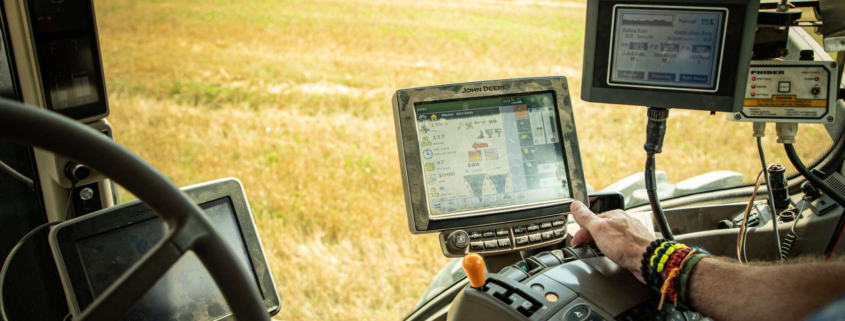Farm Insurance 101: Cyber Security on the Farm
A farm cyber security adversary is a malicious individual or group targeting agricultural systems.
What are they looking for?
- Financial gain: Adversaries may target farms to steal sensitive financial information, such as banking details or payment credentials, to conduct fraudulent activities or gain unauthorized access to farm accounts.
- Intellectual property theft: Adversaries may attempt to steal valuable research, proprietary farming techniques, or genetic data related to crops or livestock for commercial advantage.
- Operational disruption: Some adversaries may seek to disrupt farm operations by deploying malware or ransomware that can disable critical systems, leading to production delays, equipment damage, or loss of data.
What should we be concerned about?
- Insecure IoT devices: Many modern farms rely on interconnected Internet of Things (IoT) devices, such as sensors, cameras, and automated machinery. These devices may have weak security protocols, making them susceptible to exploitation.
- Vulnerable networks: Farms often have interconnected networks that may not be adequately protected. Weak network configurations, unpatched software, or lack of firewalls can make them vulnerable to unauthorized access.
- Lack of awareness and training: Farm personnel may not be aware of cyber threats or the best practices for cybersecurity. This can lead to inadvertent actions, such as clicking on malicious links or falling victim to social engineering attacks.
- Third-party risks: Farms often collaborate with suppliers, contractors, or consultants who may have access to their systems. If these third parties have weak security measures, it can create potential entry points for adversaries.
How to we mitigate our risk?
- Implement strong access controls: Use strong passwords, multi-factor authentication, and regularly review and update access permissions.
- Regularly update and patch systems: Keep all software, firmware, and IoT devices up to date with the latest security patches.
- Educate and train employees: Provide comprehensive training to farm personnel about cyber threats, safe browsing practices, and how to identify and report potential security incidents.
- Implement network segmentation: Isolate critical systems and data from public or less secure networks by using network segmentation.
- Backup and disaster recovery: Regularly backup farm data and maintain offline or offsite backups.
- Engage with security professionals: Seek assistance from cybersecurity experts who specialize in the agricultural industry. They can help assess risks, implement appropriate security measures, and respond to incidents effectively.
It is important for farms to recognize the evolving nature of cyber threats and proactively invest in cybersecurity measures to protect their operations, data, and reputation.
To learn more about the insurance products available for farm risk management, reach out to Chelsea Heatherington at Kingsgate Insurance.
Chelsea Heatherington, Farm & Ag Specialist
Call or Text: 515-302-8400
Email: chelsea@kingsgateins.com







Leave a Reply
Want to join the discussion?Feel free to contribute!